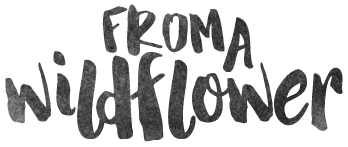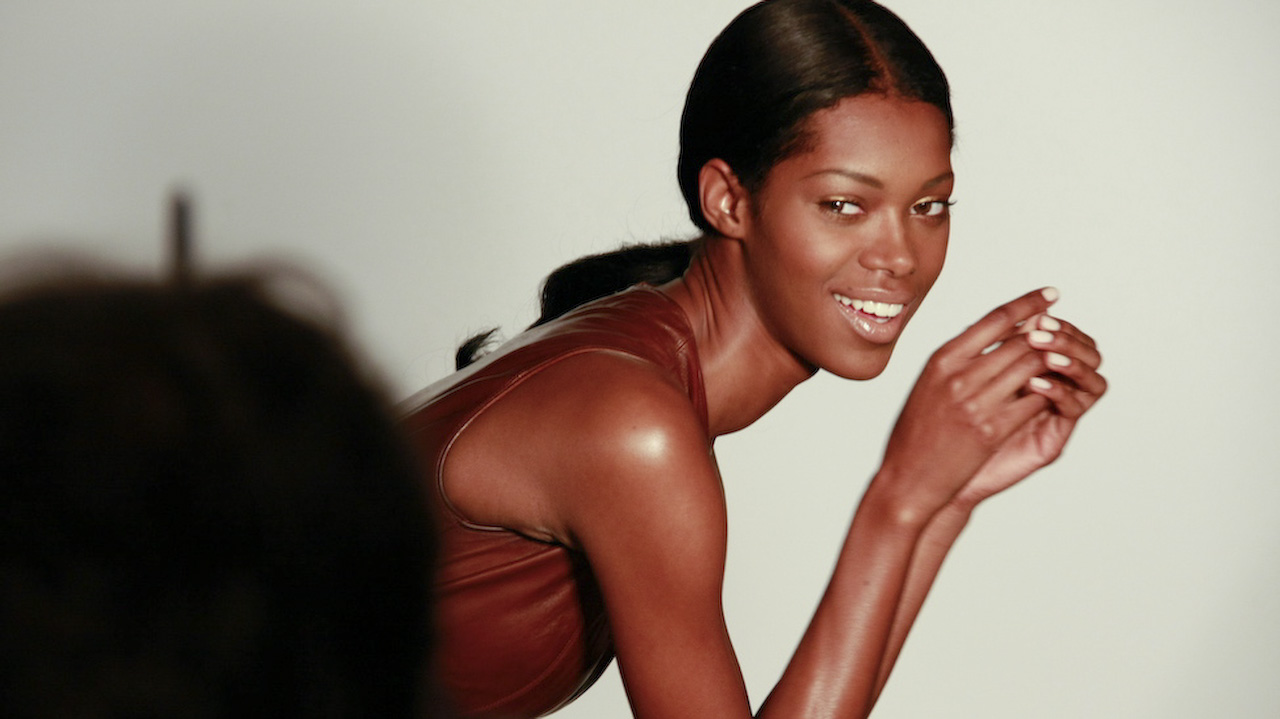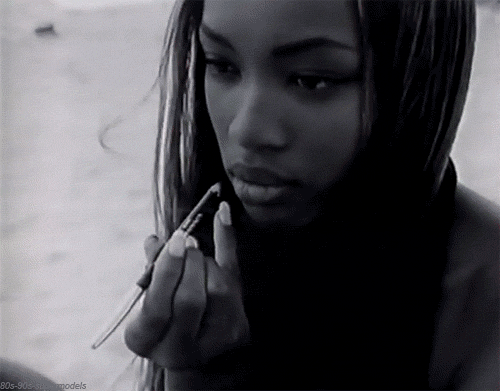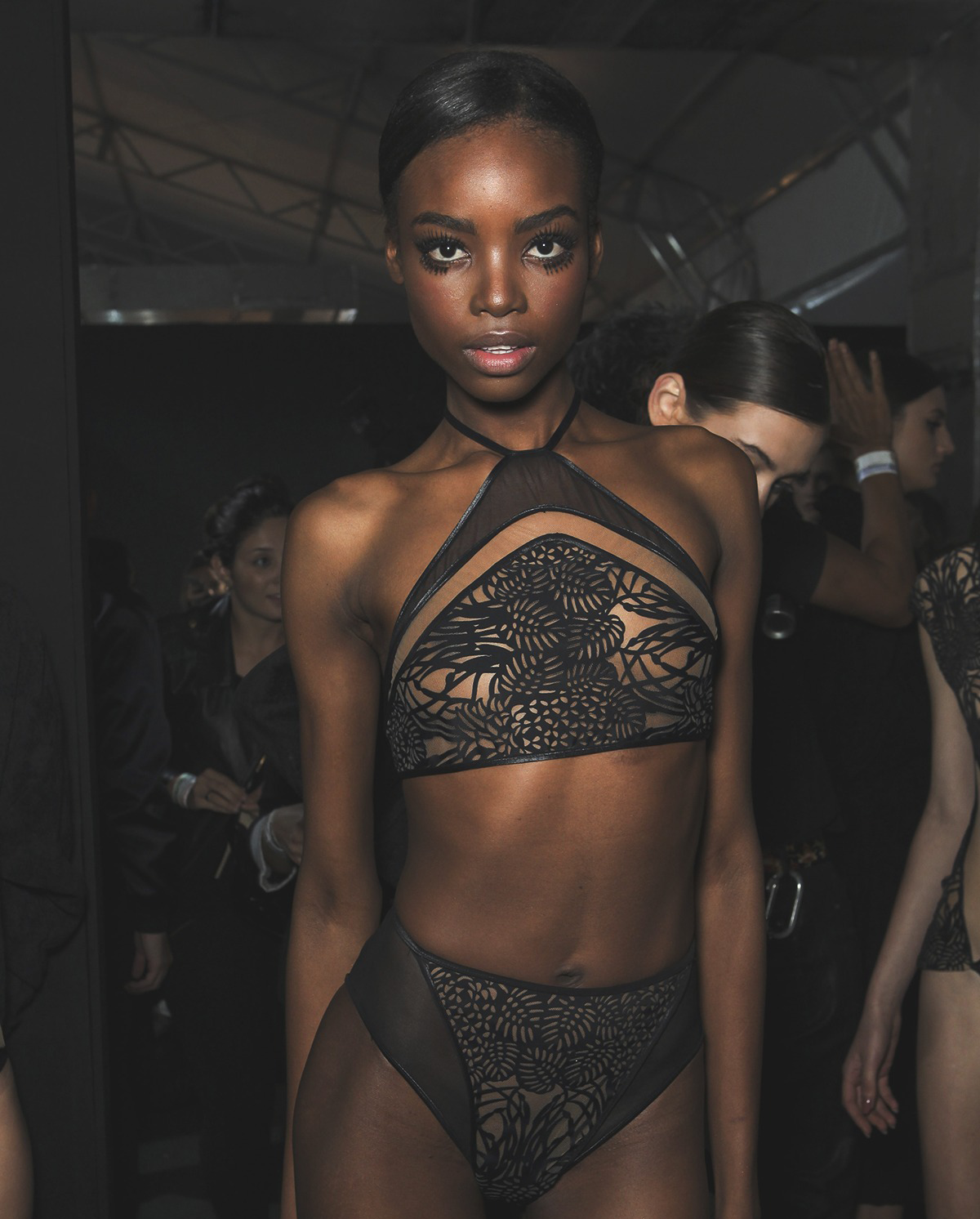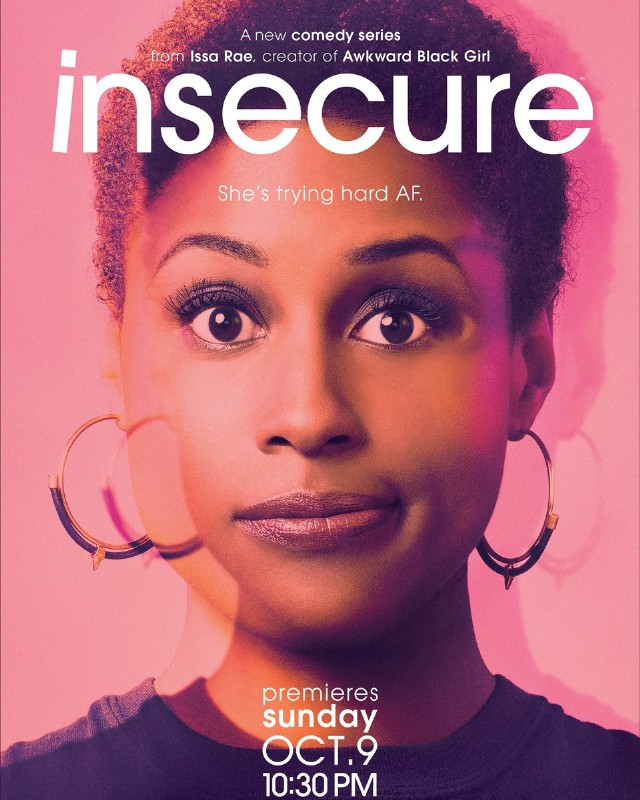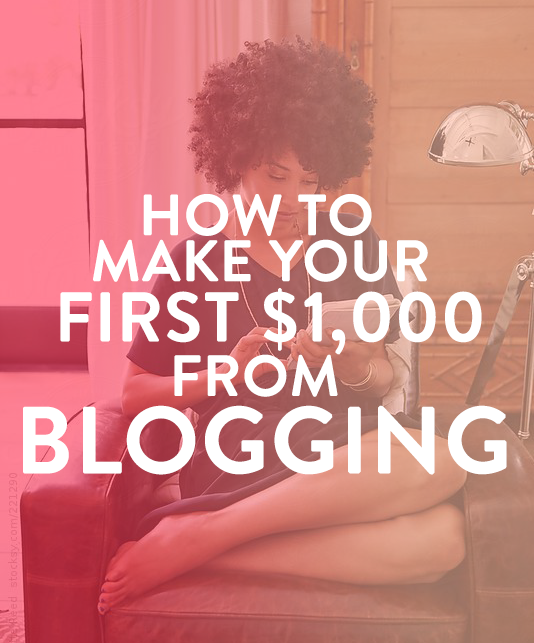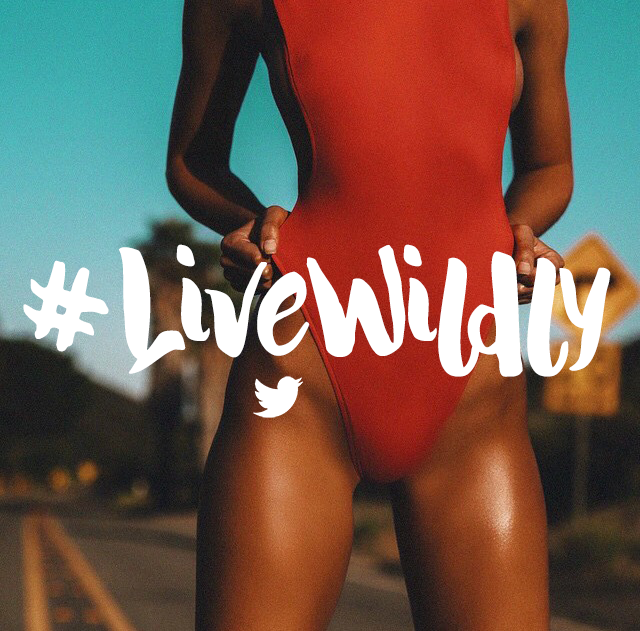A few days ago I was at the hair salon, scrolling through Twitter and quietly seething after what seemed like a lifetime of a wait. As I silently cursed my stylist, I overheard another woman say, “See, that’s the problem with females…”
I cringed and tried to distract my attention from the rest of her sentence by continuing to tweet.
When I first announced how much I despise the term “female” when used to describe women, I was met with a lot of raised brows and rolled eyes. I get it. At its very basic definition, female is the “sex of an organism, or part of an organism, which produces non-mobile ova.” Female is the noun used to describe a person “bearing two x chromosomes in the cell nuclei and normally having a vagina, uterus and ovaries…” There is not anything wrong with using the word female to describe women—not on the surface.
Unfortunately, men and women alike have taken this word and distorted it so that its connotation greatly differs from its denotation.
Josie Pickens wrote a Clutch Magazine piece titled, “Establishing Personhood: Female vs. Woman” where she said, “Some men, and even women, will dismiss this word choice desire as something overblown. Does it really matter? Do we damage women by calling them females if we don’t have malicious intent in doing so? I have talked to men who have dismissed the need for this distinction as much ado about nothing. My response to them is to use an example of how words challenge one’s identity.”
In the jungle of feminism, there are battles you can pick and others you can choose to sit on the sideline for. Arguably, the female vs. woman debate is one most would rather spectate, adhering to the notion that it’s really not that serious. However, as a writer, words matter. Think about being called “pretty”. Then think about being called “beautiful”. On paper, these adjectives are virtually the same, but in actuality, “beautiful” implies totality—looking at something (or someone) beyond external appearances.
So, yes, words matter. I pay attention to them. And, there have been one too many times when I heard someone use the word “female” to describe a woman in a less than favorable way. It’s the way I’ve heard men describe women when they are pissed at them or feel betrayed. It’s the way I’ve heard women describe other women through sucked teeth and side eyes as they dish out some comment about “not trusting females”. It’s the way I’ve heard women talked about as someone attributes blanket generalizations to them. Merriam Webster may say “female” is not an ugly word, but everyday conversation would suggest differently.
Today I posted a picture of the group of women I met at GG Renee Hill’s Soulful Beauty Chat, an event dedicated to women speaking our truths through storytelling, poetry and song. My caption for the photo read, “Had an incredible time and met some phenomenal women.” I did not write that I met “phenomenal females”. Not only would that sound utterly ridiculous, but it would also devalue the strength and power of the women represented at the event.
For me, “female” is only one step above “bitch” on the vocabulary food chain of endless ways to describe women. You can argue that when you toss it around, you’re using the basic definition of the word, but I’d challenge you to consider how you actually use it the next time it escapes your mouth. Are you saying something favorable about a woman or are you popping gum and talking crap? If it’s the latter, I’d say I’ve proven my point and we can all go home.
__________________________
Tyece is the creator of Twenties Unscripted where she offers a sincere, sassy and sometimes smart-assy take on growing up. Follow her on Twitter @tyunscripted.
